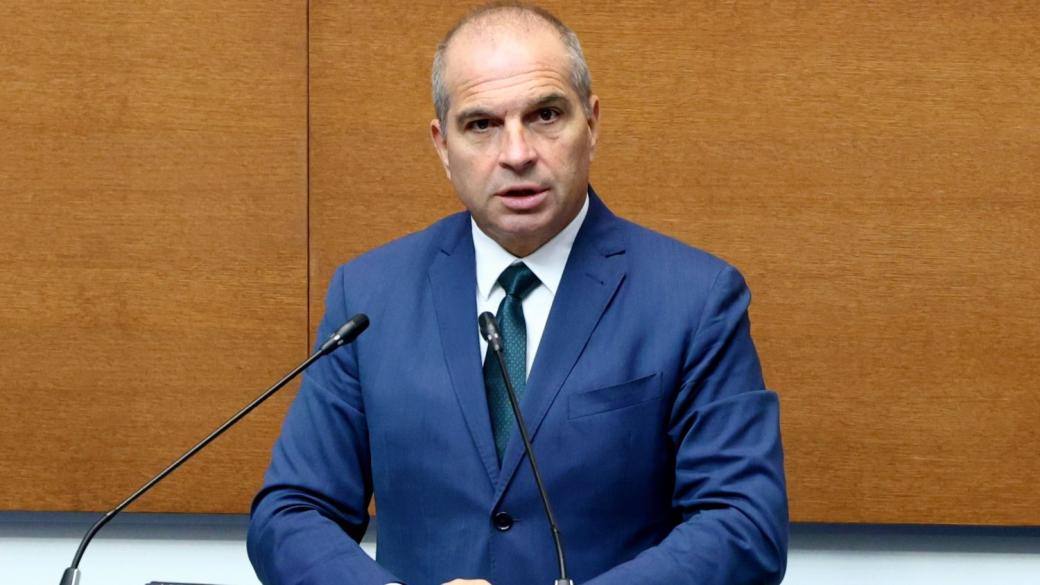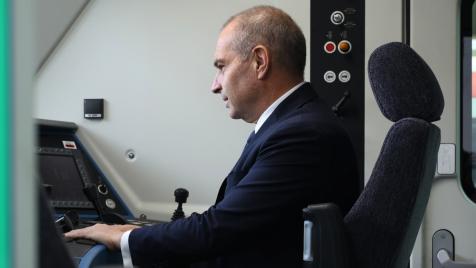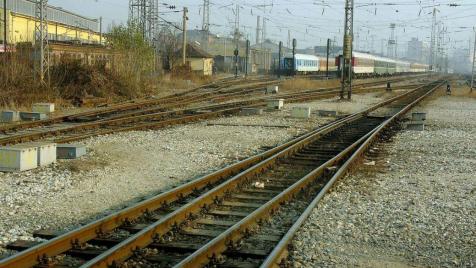“Absolutely hopeless”: The shortage in BDZ will reach 70 carriages by the end of the year
The Ministry of Transport is starting urgent negotiations in Austria to find rolling stock for the state railways

© ECONOMIC.BG / BTA
Currently, there is a shortage of 36 – 37 carriages to cover the train schedule. However, by the end of the year, the shortage will increase to 70 carriages. This was stated by Transport Minister Grozdan Karadzhov during a blitz control in the National Assembly on Friday.
He explained that a large part of the rolling stock of the state railways is so old that in a normal situation it should not be in operation. However, as Karadzhov said, maintenance repairs are being carried out to keep some carriages and trains running. But this also has its limits.
One of the options mentioned by the minister is to urgently seek rolling stock from other countries, probably similar to the deal with Germany's Deutsche Bahn to acquire their old carriages. However, this did not prove particularly successful, as they are not suited to the "harsh" climate in Bulgaria.
I have taken some measures, and on September 8, the deputy minister will be at a meeting in Austria to look for a way to fill this big gap,” Karadzhov said during the hearing.
Due to the lack of carriages, 36 trains in three regions of Bulgaria are currently out of service. The trains from these lines, which are less busy, are being redirected in the summer to destinations with heavy traffic.
To reach such a state of “cannibalism”, the situation is not just critical, but absolutely hopeless,” said the minister.
He added that two orders have been announced—one for diesel railcars, because some lines are not electrified, and another for long destinations over 400 km.
In fact, both were included in the Recovery Plan, but poor management by the ministry in previous years has caused them to fail.
A preliminary notification has now been sent to the Public Procurement Agency, in which the Ministry of Transport expresses its desire to purchase these trains.
However, they will be implemented in 3 – 4 years at the earliest, if at all. We will carry out the procedures without secured funding, and I will look for every opportunity in future budgets to implement them,” he said.
Translated with DeepL.

 Georgi Zhelyazkov
Georgi Zhelyazkov 


